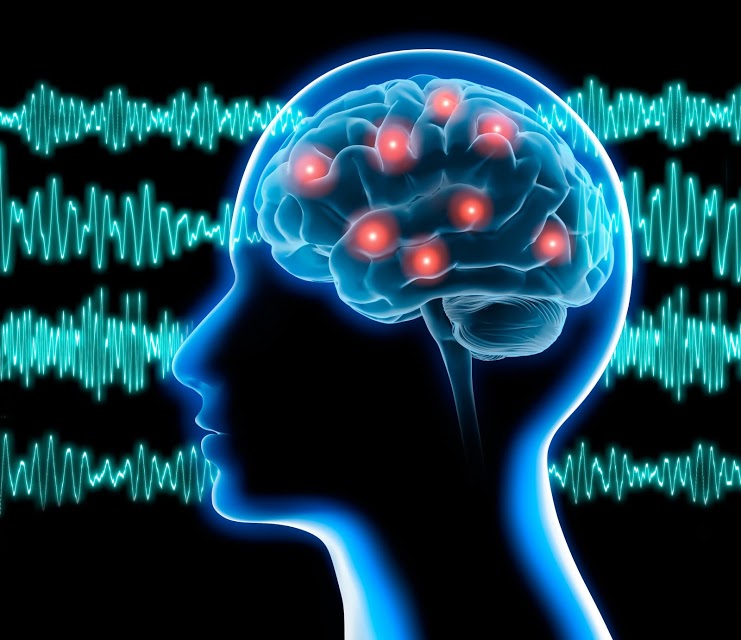Encouraging Brain Donations for Huntington’s Research Goal of HDSA and CHDI Foundation Partnership
Written by |

Emotional Recognition and Apathy Linked in Huntington's Disease
Encouraging the families of people affected by Huntington’s disease to donate, post-mortem, their brain and other organs so as to advance research into the disease and its possible treatments is the goal of the Huntington’s Disease Society of America (HDSA) and the CHDI Foundation partnership.
Called HD Legacy, the initiative hopes to spur donation of organs from Huntington’s gene-expansion carriers and those at-risk, as well as from and healthy individuals. Donation processes will be handled at no cost by the Harvard Brain Tissue Resource Center (HBTRC).
“Science still has a quite rudimentary understanding of how the human brain works,” Robi Blumenstein, president of CHDI Management, said in a news release. “Researchers need more brain donations from HD-affected individuals to better understand how HD [Huntington’s disease] affects the human brain, what happens to the different cell types and circuits that make up the brain over time.”
Huntington’s is a severe neurodegenerative disorder characterized by uncontrolled jerking and writhing movements known as chorea, loss of thinking abilities, and psychiatric problems. Symptoms are sometimes described as simultaneously having amyotrophic lateral sclerosis (ALS), Parkinson’s disease and Alzheimer’s.
While there is no cure for HD, approved therapies can help to manage the disease and maintain a quality of life. Several experimental treatments are also under investigation.
Caused by a mutation of the huntingtin gene, the disorder affects 33,000 U.S. residents. More than 200,000 individuals are at risk of disease inheritance.
Sabina Berretta, MD, HBTRC director, called brain donation a “gift of knowledge” to the research community as well as to society. “Investigations on the human brain open a unique window into the changes that occur at the cellular and molecular level, which is an essential step toward more effective therapeutic interventions,” she said.
For additional donor information, visit the HBTRC website or call 800-272-4622.
“The decision to donate one’s body to science is an amazingly selfless act,” said Louise Vetter, president and chief executive officer at HDSA. “Participating in HD Legacy is truly a gift for future generations. The brains and other organs donated through this program will leave a legacy of hope, inspiring new knowledge that will someday stop HD in its tracks.”
The HDSA is dedicated to improving the lives of those affected by HD. The CHDI is a privately funded, nonprofit biomedical research organization that seeks to develop therapies that enhance the lives of HD patients.


